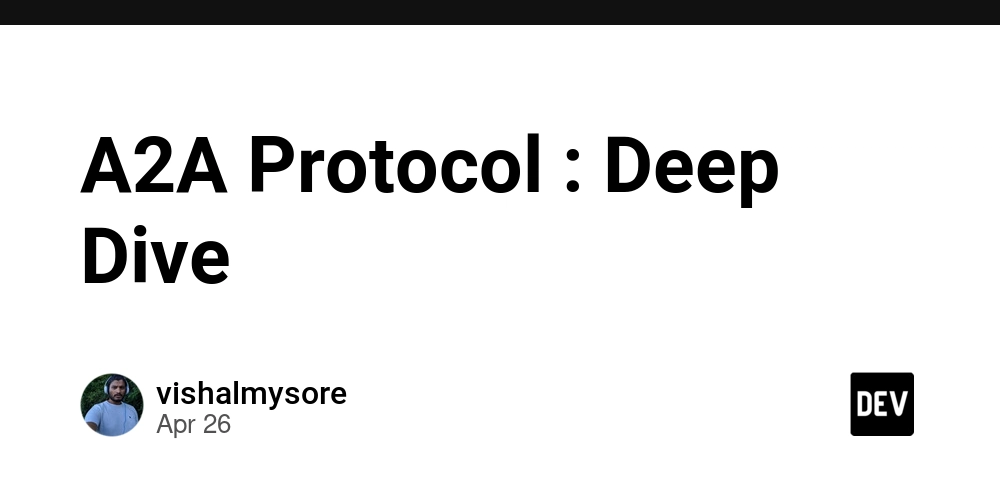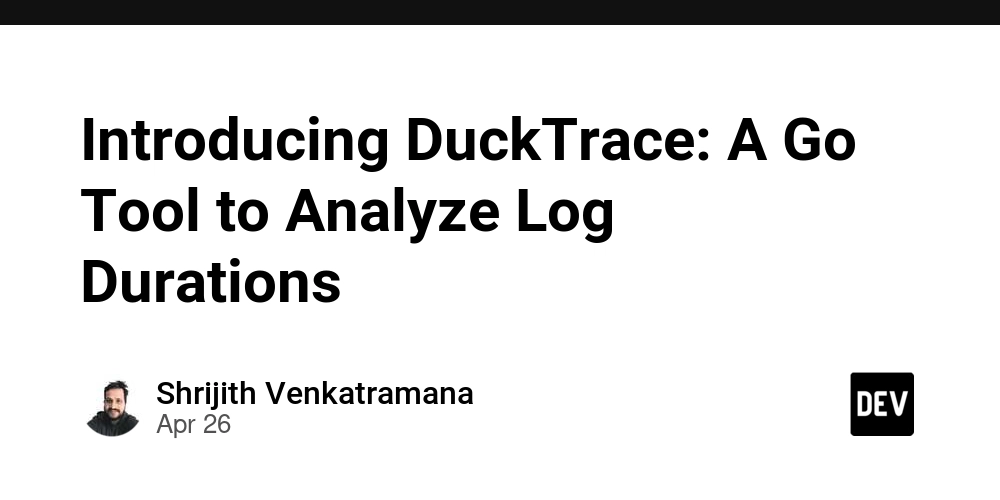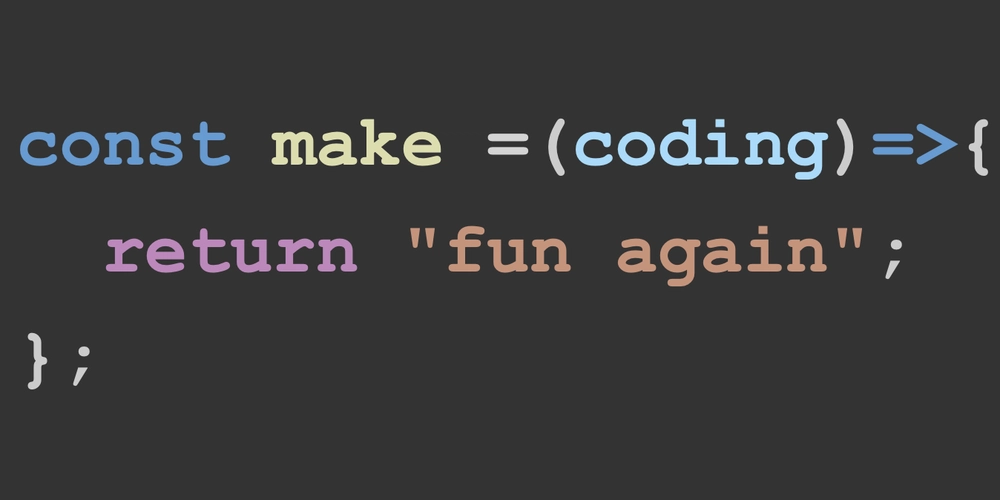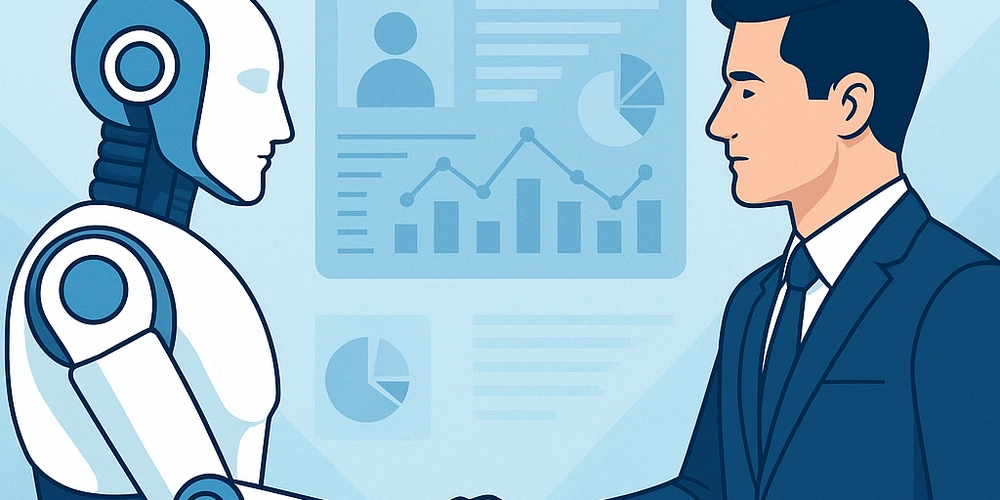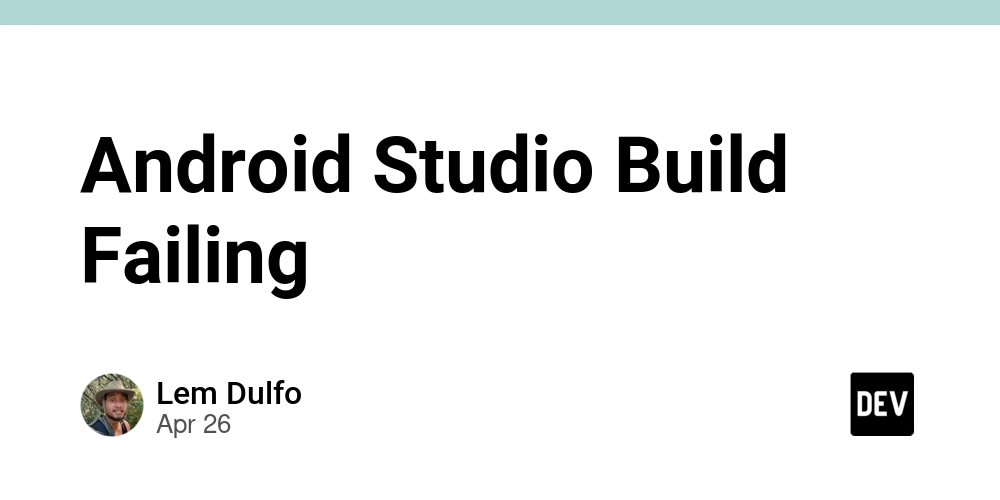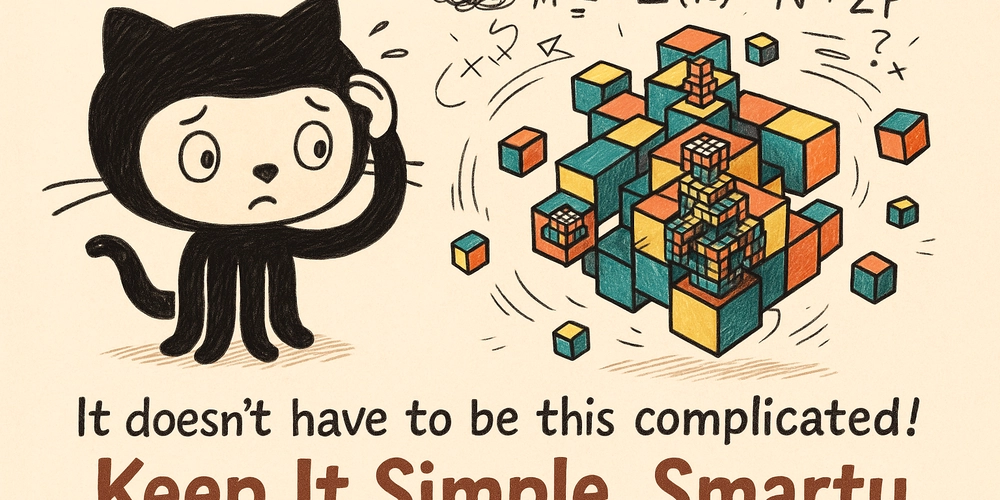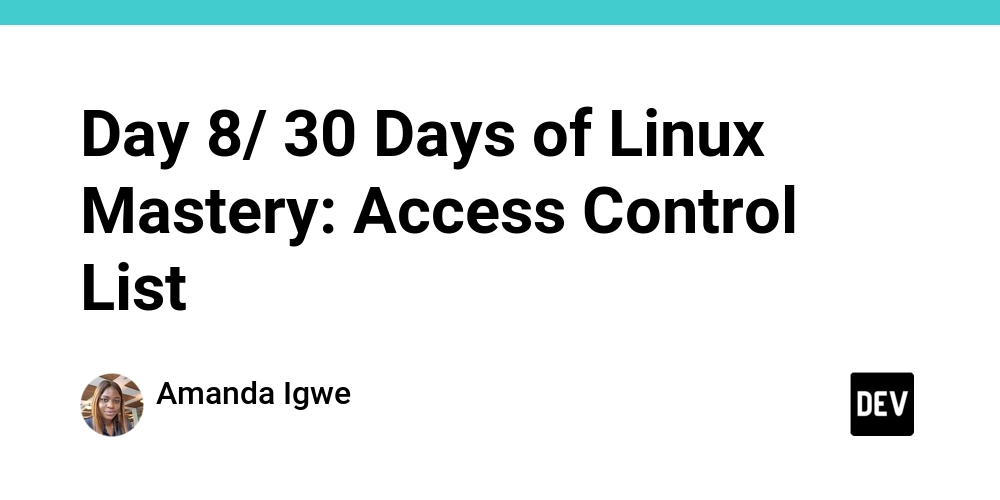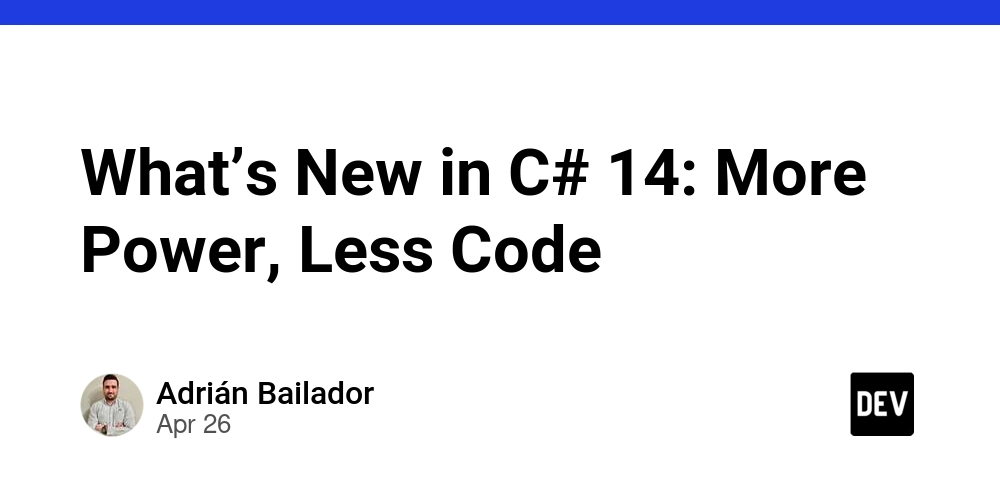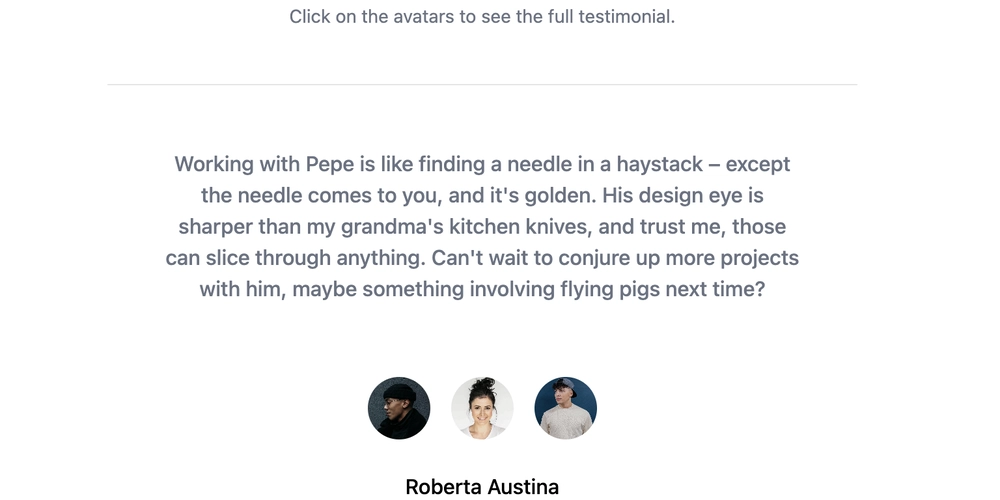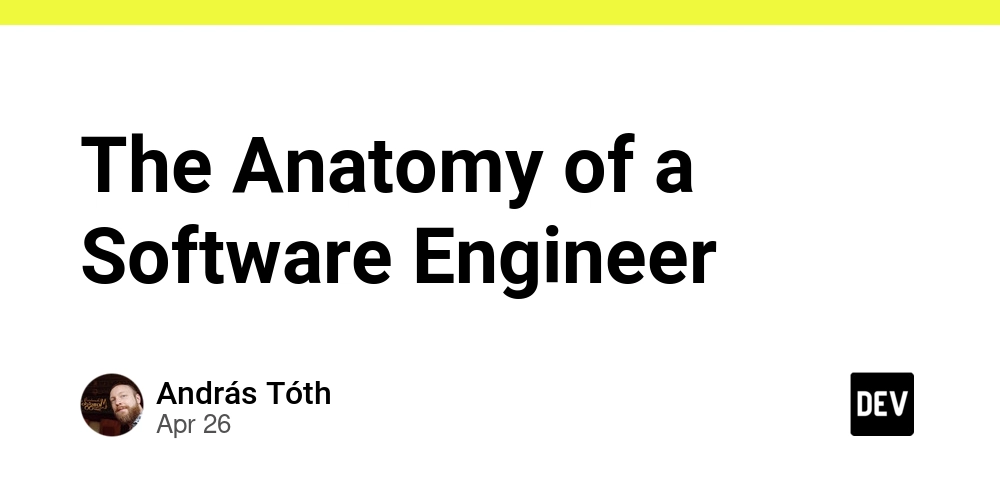
Unlock Your Software Engineer's True Potential: A Guide for Leaders
Software development is more than just coding. Understanding the anatomy of a software engineer and how their knowledge is structured is key to unlocking their full potential. This guide helps product managers, team leads, and engineering managers optimize team productivity by strategically matching expertise within the company.
Reusable vs. Non-Reusable Knowledge: Why It Matters
Just like code, engineering knowledge has reusable and non-reusable components. Knowing the difference helps you effectively deploy your engineering talent.
Understanding "Non-Reusable" Engineering Knowledge
This category encompasses the details and intricacies that are specific to certain technologies or platforms.
Programming Language Specifics: It's More Than Just Syntax
The nuances of a programming language can be hard to transfer.
- Syntax and keywords vary greatly between languages.
- Best practices and anti-patterns differ significantly.
- Each language has its own package managers and preferred libraries.
Actionable Insight: When assigning engineers to projects, consider the similarity between languages. A move from Java to C# will be easier than from JavaScript to Rust
The Language Ecosystem: Navigating the Package Jungle
Each language boasts a unique ecosystem of modules and packages (e.g., React, Express.js, SQLAlchemy).
- You gain ecosystem knowledge through trial and error.
- Some ecosystems encourage code reuse, while others require custom solutions.
- Frameworks within ecosystems also evolve, rendering old knowledge obsolete.
Actionable Insight: Ecosystem knowledge is hard-earned and invaluable. Don't underestimate its importance when forming teams.
Platform-Specific Gotchas: The Devil in the Details
Operating systems, browsers, and even specific device versions introduce platform-specific challenges:
- Older browsers may struggle with newer UTF encodings.
- Mobile development requires familiarity with platform-specific debugging tools.
- Virtual machine clock synchronization can cause unexpected test failures.
- The command to run tasks in series differs between Mac and Windows.
Actionable Insight: Platform expertise is crucial for smooth releases. Make sure your team has experts familiar with the target platforms.
Invaluable Product/Domain Knowledge: The Power of Experience
Years of working on a specific product give engineers deep insights into user needs and the codebase itself.
- They become "go-to" people for product-related questions.
- They often possess a deeper understanding of the product than even product managers.
- Arbitrary team changes, layoffs, or poor compensation can lead to losing this critical knowledge.
Actionable Insight: Retain engineers with deep product knowledge. Their expertise is irreplaceable and cannot be outsourced or learned from online resources.
Embracing "Reusable" Engineering Knowledge
This type of knowledge is transferable across projects and technologies, forming the foundation of a strong engineering team.
Engineering Principles and Instinct: The Art of Good Coding
Universally applicable principles like clean coding, SOLID principles, design patterns, and the test pyramid form the backbone of reusable knowledge. This extends to "code smell," the ability to identify over-engineered or poorly designed code.
Actionable Insight: Invest in training on core engineering principles. They pay dividends across various technologies and projects.
Problem-Solving Skills and Engineering Instinct: Beyond the Code
Senior developers possess a unique ability to consider the broader implications of feature requests.
- They anticipate potential conflicts and usability issues.
- They develop strategies for tackling complex problems, like debugging without traces.
- They can identify scaling bottlenecks before they become critical.
Actionable Insight: Encourage engineers to think critically about requirements. Their insights can save time and resources in the long run.
Personal Productivity Management: Optimizing the Individual
Effective engineers know how to maximize their personal productivity.
- This includes optimizing their IDE setup and organizing their workday.
- It also involves recognizing personal limits, managing energy, and avoiding burnout.
- They are excellent at knowing when to push through the problem or when they are hitting their limit.
Growing Lasting Knowledge: Investing in the Fundamentals
Focusing on fundamental technologies provides longer-term benefits than chasing the latest trends. SQL, HTML, and CSS remain relevant for decades, while trendy frameworks often fade away quickly.
Actionable Insight: Prioritize learning and development in core technologies. This creates a more resilient and adaptable engineering team.
Communication Skills and Solving the Problem at the Right Level
Strong communication skills are crucial for effective teamwork.
- Experienced engineers understand different methodologies and problem-solving approaches.
- They advocate for the right solutions, even in heated debates.
- They can explain technical concepts to non-technical stakeholders.
Actionable Insight: Cultivate a culture of open communication and collaboration. Ensure that all voices are heard and valued.
Maximize Software Engineer Productivity: Key Takeaways
Ultimately, understanding the various types of knowledge that software engineers possess is essential for maximizing their productivity.
- Map out the expertise within your team.
- Strategically nurture local knowledge.
- Avoid being overly reliant on trendy technologies.
- Invest in cultivating lasting, reusable engineering principles. By using this approach, you can help make sure that even new software engineers grow well in your organization.
By adopting these strategies, you can build a more effective, resilient, and innovative engineering organization.


